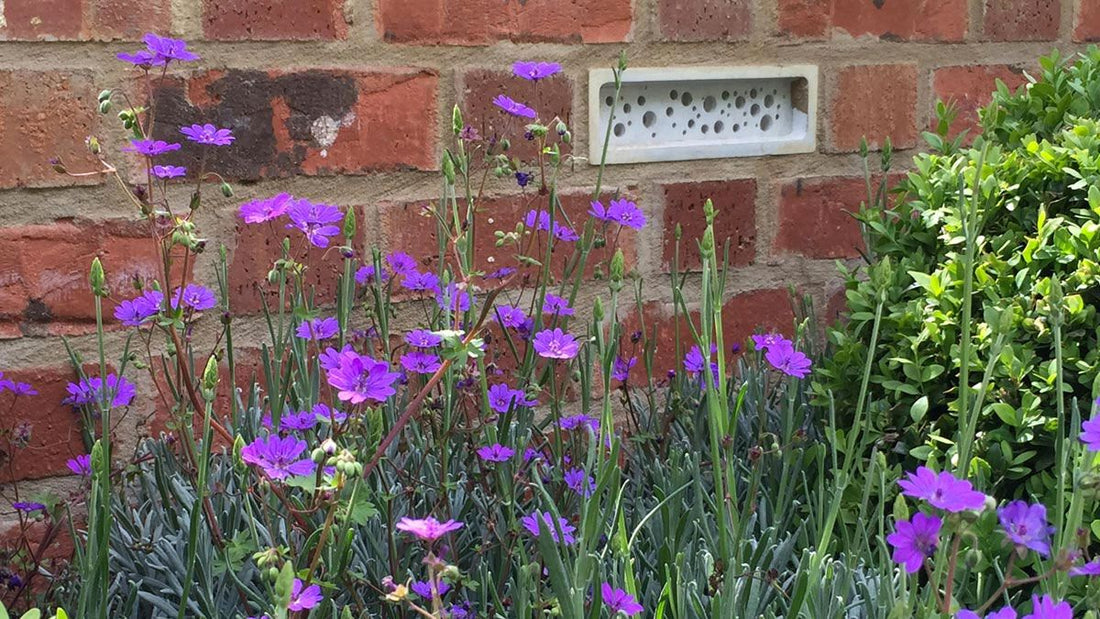This month, a new planning law has been introduced to Brighton and Hove that requires all buildings above 5 meters to include bee-friendly bricks and bird nesting boxes. Similar regulations have already been introduced in Cornwall and Devon and designers hope this will push the construction industry towards sustainability. The bricks are the same size as regular bricks but contain holes that solitary bees can use for nesting. This will help increase biodiversity in urban areas and promote pollination. The company leading the way with these designs are Green&Blue who have been manufacturing the bee bricks for the Brighton area. Green&Blue claim that these types of designs are rare due to the precision required in modern construction but if these bricks are successful, this could revolutionise the construction industry.
The types of bees that use these bricks are solitary bees which make up 250/270 bee species in Britain and are crucial components of the natural ecosystem. Unlike honeybees and bumblebees, solitary bees do not live in colonies but nest in the ground or in bricks. Female solitary bees build their nests themselves and lay eggs in the nest surrounded by nectar. Whilst a lot of sustainability projects focus on conserving the honeybee, other types of pollinators are equally important and face the same threats from climate change and increased pollution. Technological solutions like these bricks may play a crucial role in bee conservation in years to come as the effects of climate change become more profound.
Some experts claim, however, that these bricks may do more harm than good. If the holes are not maintained properly and cleaned, they may encourage mites to nest and could potentially spread diseases. Despite these concerns, the benefits of these bricks outweigh the risks and it is a step forward for the construction industry. Other projects to promote pollination could include rewilding projects or planting more flowers in urban areas. There are now lots of ways companies and industries can help increase biodiversity and with more pressure on sectors to act more sustainably, technological solutions like bee bricks will hopefully continue to be funded.

